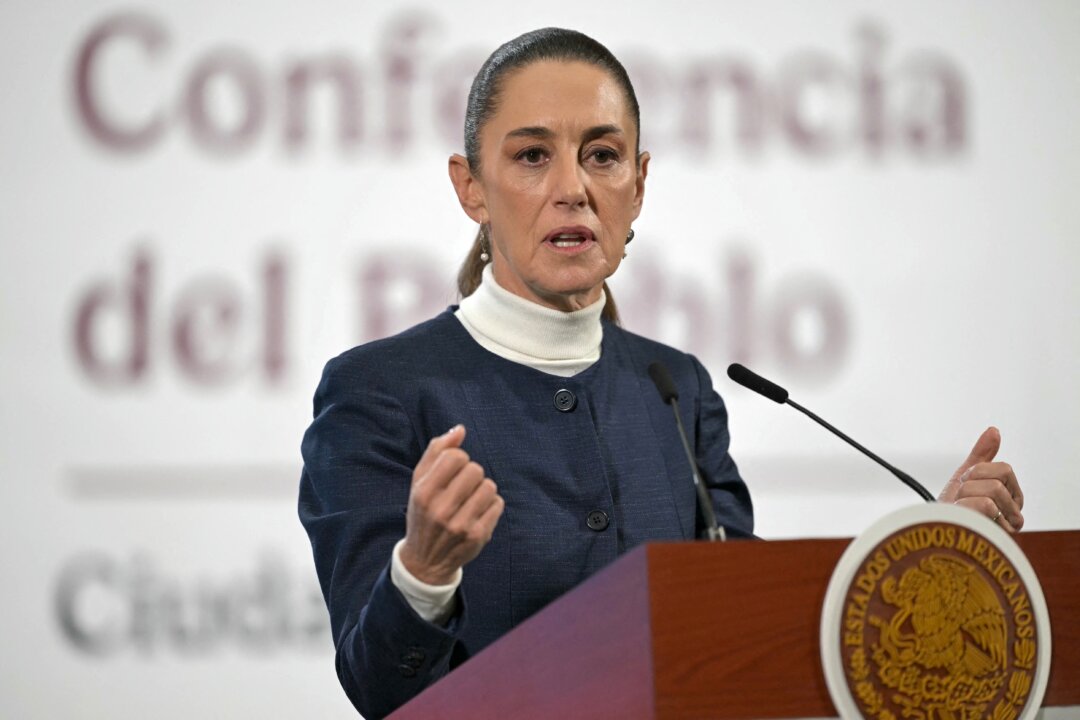In a significant move impacting bilateral economic ties, former President Donald Trump recently granted Mexico a 90-day extension on imposing higher tariffs, a decision stemming from a crucial dialogue with Mexican President Claudia Sheinbaum. This temporary reprieve aims to provide both nations additional time to navigate the intricate landscape of ongoing US-Mexico trade negotiations, averting an immediate escalation of trade tensions.
The core of this agreement centers on delaying the implementation of increased tariffs, specifically the potential hike from 25 percent to 30 percent on Mexican goods entering the United States. For a period of 90 days, the existing 25 percent tariffs on items such as aluminum, copper, steel, and automobiles will remain in place, offering a window for diplomatic progress on a more comprehensive trade deal.
The complexities inherent in the US-Mexico trade relations extend beyond mere duties, encompassing critical border issues and broader strategic considerations. President Trump has often underscored the unique challenges and assets associated with the shared border, suggesting that these elements differentiate negotiations with Mexico from those with other global partners.
Furthermore, Trump asserted that Mexico committed to “immediately terminate its Non Tariff Trade Barriers,” although specific restrictions slated for removal were not detailed. This aspect of the agreement points to a wider effort to address perceived trade imbalances and foster a more open and equitable flow of goods and services between the two countries.
Underlying these discussions are longstanding concerns, including the persistent issue of fentanyl trafficking and the substantial trade deficit. While US officials frequently highlight these points, Mexican leaders, including President Sheinbaum, have actively emphasized their proactive measures to curb the illicit flow of substances into the United States, showcasing their commitment to resolving shared challenges through economic diplomacy.
President Sheinbaum herself confirmed the temporary relief, stating on X that the two nations “avoided the tariff increase announced for [Aug. 1] and secured 90 days to build a long-term agreement through dialogue.” This highlights a shared desire to find amicable solutions and construct a more stable framework for international trade relations.
This extension signals a continuation of the dynamic negotiation approach often seen in Donald Trump’s foreign policy. While the Aug. 1 deadline for higher tariffs looms, the possibility of further extensions or alternative arrangements, similar to past engagements with countries like India and South Korea regarding their own trade policy and agreements, remains a key aspect of global economic diplomacy.




Leave a Reply